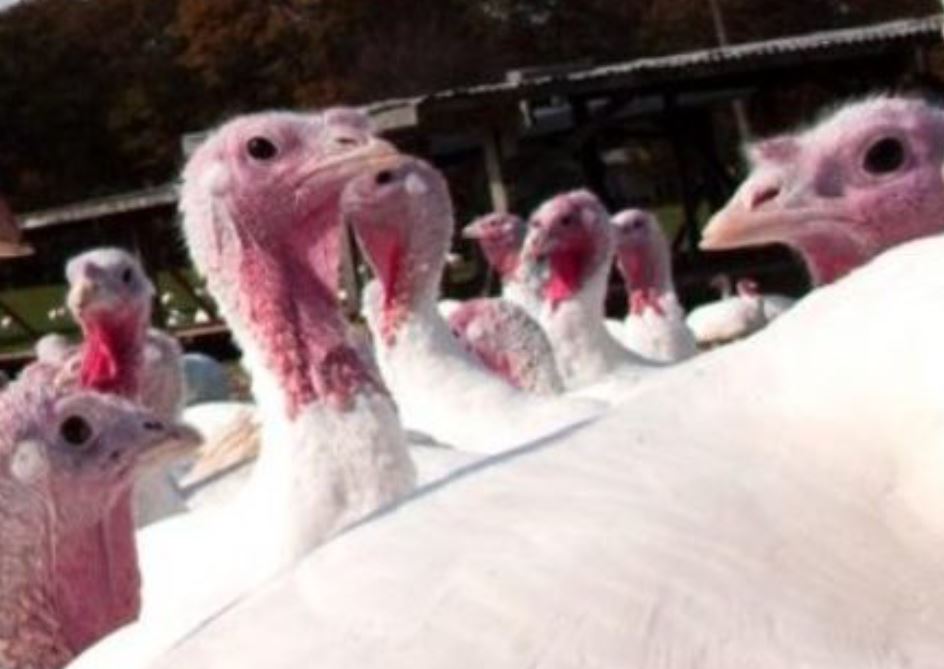The commercial turkey flock in Co. Monaghan which has seen a case of highly pathogenic avian influenza (bird flu) will be culled, Agriland understands.
The size of the flock is some 30,000 birds, local sources have indicated.
Other measures that will be undertaken in response to the presence of the H5N1 strain include the establishment of a protection zone (PZ) covering an area of a radius of at least 3km from the infected holding, as well as a surveillance zone (SZ) covering an area with a radius of at least 10km.
These two zones are together referred to as restriction zones.
A census of all holdings within the PZ and SZ will be conducted and procedures put in place to control movements of live poultry; other captive birds; hatching and table eggs; used litter; and manure and slurry from poultry holdings.
There is no requirement to control the movement of poultry feed except to ‘suspect’ or ‘infected’ premises. However, biosecurity measures apply to the movement of feed delivery vehicles between poultry farms in the restriction zones.
Earlier today (Saturday, November 20), the Department of Agriculture, Food and the Marine confirmed that test results have identified evidence of Avian Influenza H5N1 (bird flu) in samples from a turkey flock in Co. Monaghan.
It follows the identification of the disease in wild birds in recent weeks in counties Galway, Limerick, Offaly, Donegal, Roscommon, Tipperary, Wexford and Waterford.
Clinical signs that poultry keepers should look for in their birds include a swollen head; discolouration of the neck and throat; loss of appetite; respiratory distress; diarrhoea; and fewer eggs laid – although these vary between species of bird.
Flock owners who suspect disease in their flock, or anyone who comes across dead or sick wild birds (particularly ducks, geese, swans, gulls or birds of prey) should notify the nearest regional veterinary office (RVO) or contact the department’s avian influenza helpline on: 01 607 2512; or, outside of office hours, on: 01 492 8026.
Dead birds should not be handled. There is no evidence of risk associated with consumption of poultry meat or poultry meat products, the department says.
The Health Protection Surveillance Centre has confirmed that although the H5N1 subtype can cause serious disease in poultry and other birds, no human infections with this virus have been reported in Europe and therefore risk to humans is considered to be very low.
